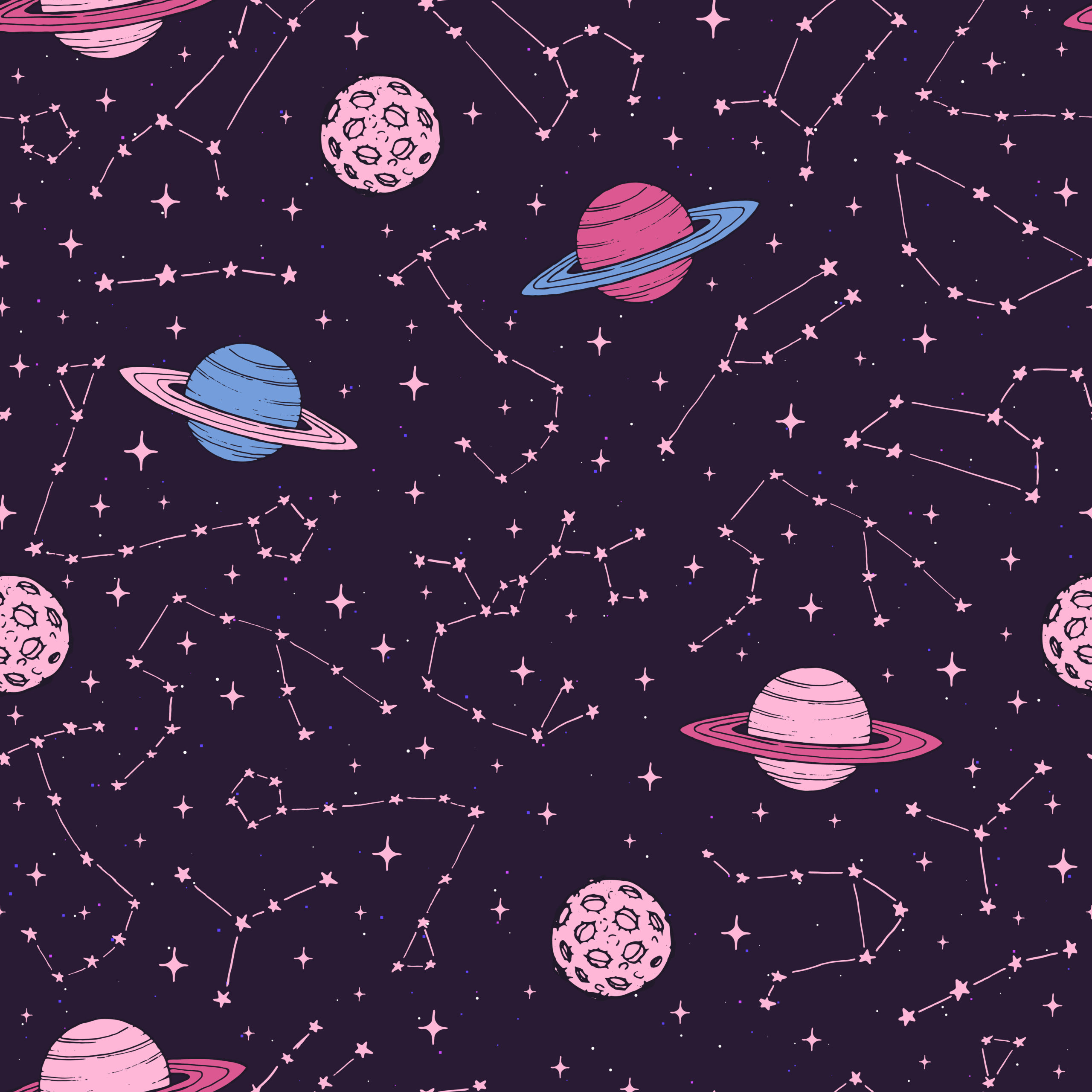
Every Sunday night around 9:30 p.m., I head to the Astro Poets’ Twitter account. That’s when the astrology duo shares their poetic mini-musings for each astrological sun sign. People cheer (or scream) in the replies, depending on the nature of the tweets. Truthfully, I review my horoscope because I want to add a little extra cosmic validation to my moves. And frankly, sometimes I need a little help adulting.
Astrology is the study of the effect that cosmic bodies have on our lives. According to a 2018 TIME article on zodiac signs and astrology, this practice has roots in China, Egypt, India, and Babylon. As written by Christine Smallwood for The New Yorker in 2019, ancient societies used astrology to help them make decisions, too. “Astrology helped people decide when to plant crops and go to war, and was used to predict a person’s fate and interpret his character,” Smallwood writes. However, by the 17th century, astrology’s popularity began dwindling. People were more interested in more concrete, socially acceptable forms of science. The study experienced an uptick in the 1970s, due to the increased social acceptance of pseudosciences.
The normalization of astrology continued throughout the 1990s and early 2000s, with some help from Black popular culture. In 1994’s “Big Poppa,” The Notorious B.I.G. called out men who use astrology to try to attract women. Four years later, rap duo OutKast titled their second album, “Aquemini” after a portmanteau of Aquarius and Gemini, Andre 3000’s and Big Boi’s astrological signs, respectively.
Astrology inspired Brandy’s third project, Full Moon, as well. “We can dance if you want, get it crackin’ if you like/Must be a full moon, feel like one of those nights,” the singer crooned over Rodney Jerkins’ production.
This cultural inclusion of the cosmos, as well as the internet, helped astrology explode in the 2000s. Our parents and grandparents are the ones who most recently helped usher in astrology and prop it up to be a valid learning method. As a result, Generation Z is using it as a means of understanding ourselves and the world around us. We’re trying to make informed decisions about a variety of topics, including politics, romance, and self-care.
“Who they attracting with that line, ‘What’s your name, what’s your sign?'” — The Notorious B.I.G.
In late 2018, Katie Fustich worked with Medium on an essay about why astrology became a coping mechanism for people during such dark times. We’re faced with climate change, an openly bigoted president, poverty, joblessness, mental health issues, and that’s not even the half of it.
“You can practice astrology at your own pace, individually or in a group,” Fustich writes. “It bears no central responsibility and lacks a history of violence and destruction; it creates a safe space for self-exploration.”
I don’t always feel comfortable asking for help, or even talking, period. It’s not the worst character flaw in the world, but it does make connecting with others occasionally challenging. Because of this, I look to astrology. I don’t necessarily have to ask for assistance when I’m trying to reach a conclusion about whether I should dump a guy, or if I’m being too analytical.
Another individualized appeal is that astrology feels close enough to me to dissect my habits, yet distant enough for me not to feel manipulated, which happens when loved ones try to offer boundary-crossing guidance. Again, it’s not an end all be all resource, (as it’s a reminder to be a bit more trusting), but it works for me. And it works for a lot of my peers, too.
Sometimes, I’m put off by what seems to be the world’s reliance on astrology. I then analyze my own dependence. I also try to discern whether or not astrology is helping me become a better, more self-aware person. This kind of skepticism is healthy I believe. But all in all, I still follow the Astropoets’ account and I’m pretty excited about our Sunday night dates. I guess that introspection and skepticism is typical of a Scorpio, though.